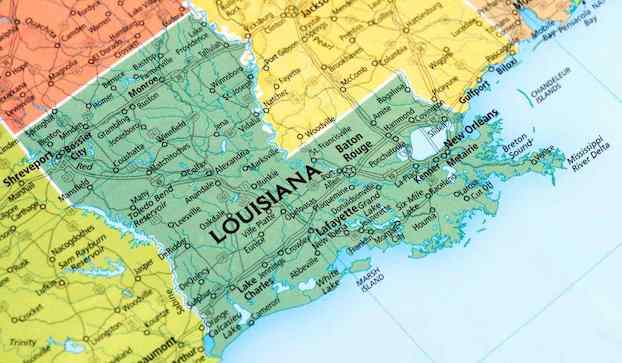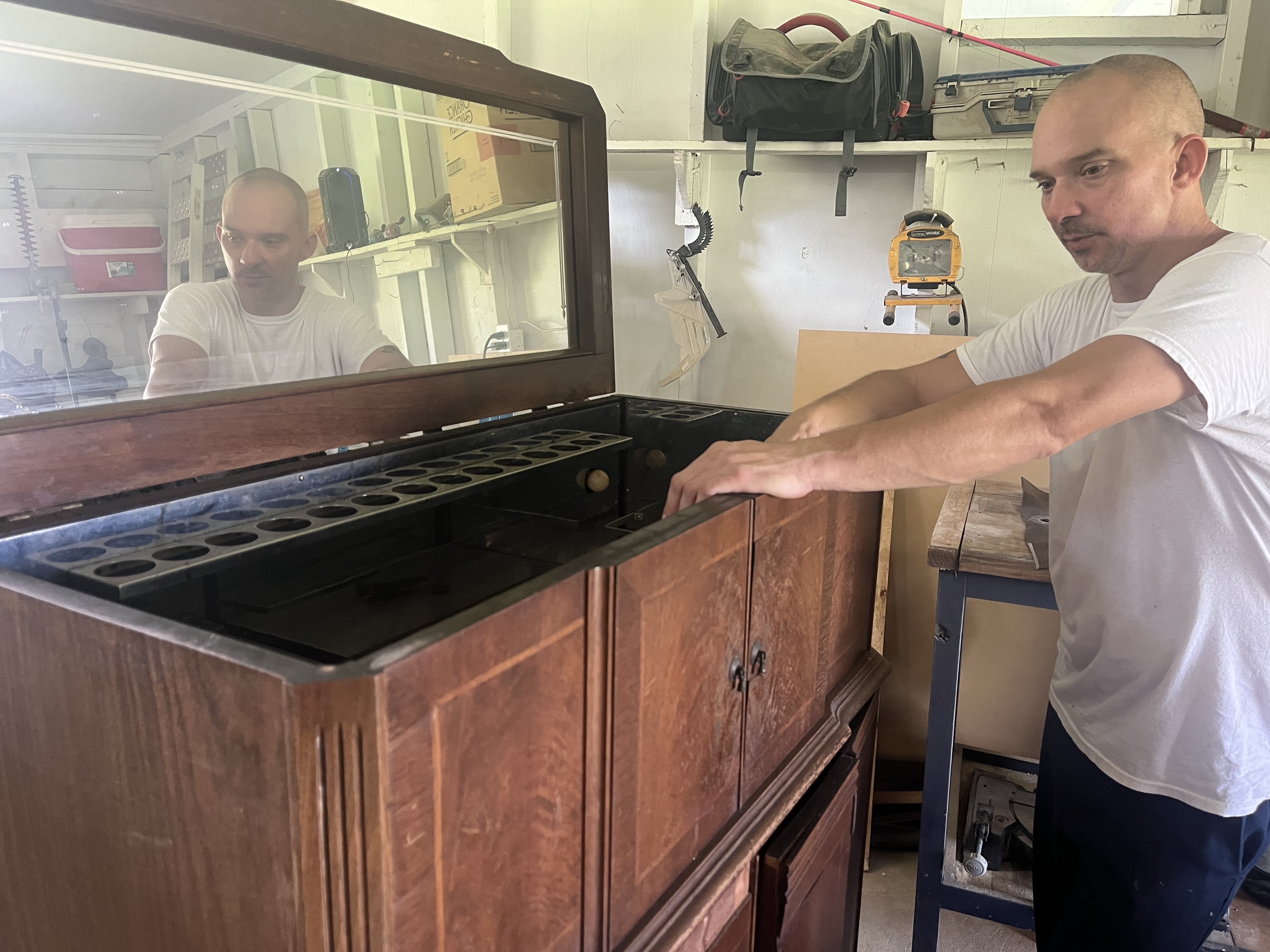Invest in Louisiana director: Almost everyone’s state income tax will go down some
Published 7:58 am Tuesday, December 3, 2024

- (Special to the American Press)
The 3% state personal income tax for all in 2025 – the new flat tax plan – might favor higher income earners, but almost everybody’s income taxes are going to go down to some degree. That’s it “in a nutshell,” according to Jan Moller of Invest in Louisiana, which was formerly Louisiana Budget Project. The nonprofit began in 2006 with a commitment to a state that offers equal access to economic prosperity to all.
His opinion is reassuring, especially for lower-wage earners, but don’t take it as a sign to splurge on Christmas.
Currently, the first $12,500 of an individual’s income is taxed at 1.85%, the next $37,500 is taxed at 3.5 percent and the amount over $50,000 is taxed at 4.25 percent. At first glance, a lower-wage earner would go from paying 1.85% to 3% after the changes at the last legislative session, which are set to go into effect next year. But looking at the flat tax alone does not give a complete picture.
“The standard deduction will almost triple,” Moller said. “Retirees will have a $12,000 income exemption.”
The standard deduction will go from $4,500 to $12,500 for single or married filing single. Married filing jointly, head of household and qualifying survivor spouse goes to $25,000.
In a Baton Rouge newscast in October, Nelson said those making less than $20,000 a year should see no tax liability.
Louisiana residents earning between $30,000 and $40,000 a year could save $330 on taxes depending on other credits and dependents, according to an analysis by RESET Louisiana. Those making $70,000 to $80,000 could see $550 more and those making over $140,000 could see an extra $1,000.
Moller said he doesn’t expect the purchasing habits of income earners whose income was taxed at 3.5% to 4.5% to change much, even though they will see a bigger gain with the flat tax.
It should also be noted that Landry wanted to see increased taxes on goods and services such as car washes, dog grooming and home repair – services that might have hit higher income earners more than lower income owners – instead of increasing the state sales tax .55 percent. Legislators didn’t go for it.
“For a lot of people the new flat tax offset by the increase in sales tax (from 4.45% to 5% beginning in 2025) will be a wash,” Moller said, and he added there is more than one way to look at the state sales tax increase.
Some people see the new 5% sales tax as a 1% increase, an extra dollar on every $100 spent, instead of an extra 55 cents. That is because the state’s .45% temporary sales tax was supposed to expire June 2025. The .45% sales tax was put in place early in the Gov. John Bel Edwards administration to fill some of the budget shortfalls he inherited.
“Louisiana already has a regressive tax system with a higher rate for people with lower incomes than for people with higher incomes, and that’s probably not going to change,” Moller said. “In fact, it’s probably going to get a little worse.”
In 2025, Louisiana will have the highest combined local and state sales tax in the country.
The parish local uniform rate, according to the Calcasieu Parish School Board Sales and Use Tax website, is 5.75%. That means, combined with the 5% state tax, the total tax paid on $100 would be $10.75. The local tax is lower in the unincorporated Ward 1 area of Moss Bluff and Gillis at 4.25%. It’s 3.25% on food for home consumption and prescription drugs. However, it can be higher, as much as 7.75% for purchases in economic development districts.
The goal of the Governor’s and the Secretary of Revenue’s tax reform push was to reverse out migration, Moller said.
“I am very skeptical of that,” he said. “I hope to be proven wrong.”
Moller said people come to and leave Louisiana for many reasons and some of those are wages, quality of schools, safety of the environment/vulnerability to disasters and the cost of things like insurance.
Other tax reform changes include a drop in the corporate income tax from 7.5% to 5.5% and the elimination of the corporate franchise tax for businesses with revenues exceeding $500 million.





